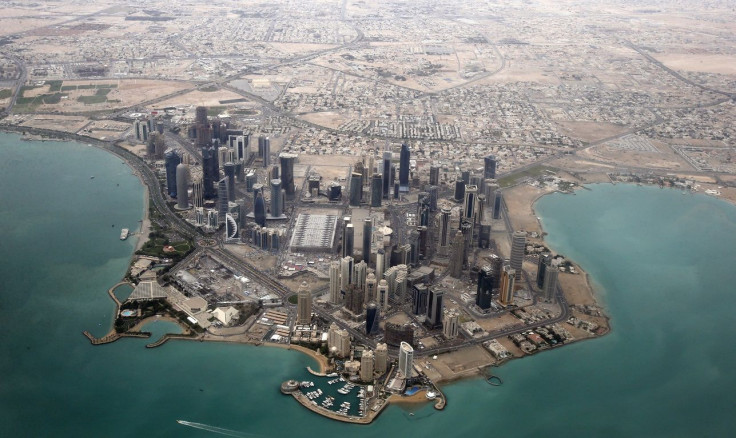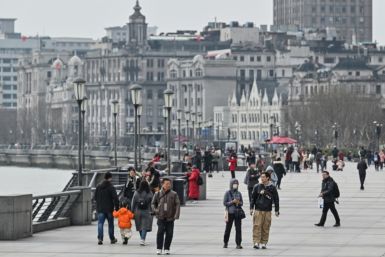Qatar citizens hoard food supply following Arab nations split

Qatar citizens are panic-buying even after its government assured citizens importation of goods will not be affected by the Arab country’s rift with its neighbours. Seven countries have cut off diplomatic relations with Qatar for its alleged ties to terrorist groups, which it has vehemently denied.
Gulf nations United Arab Emirates, Bahrain and Saudi Arabia, as well as Egypt, the eastern-based government of Yemen and now Libya and the Maldives have all shunned Qatar, labelling it a terrorist state. They accuse Doha of supporting terrorism and maintaining relations with Iran.
With the countries closing its borders to their new adversary, many Qatari citizens are reportedly panic-buying supplies. They fear that with the land, sea and air links of the country shut down from its neighbours, Qatar will have supply shortages.
About 80 percent of the country’s food supply is sourced via its bigger Arab neighbours. It relied on its land border with Saudi Arabia, which lies on its south, to access food. But with Saudi closing its cutting its ties and closing its borders to Qatar, thousands of trucks carrying food for Qatar are stuck at the Saudi border, Reuters reports. The UAE and Saudi have also stopped exports of white sugar, which is in high demand during the holy month of Ramadan, into the small peninsular nation.
An expatriate resident in capital Doha said Qataris are stockpiling food and supplies, especially imported ones. People are also urgently withdrawing cash from ATMs.
Some Egyptian banks said they were suspending dealing with Qatari banks. Qatar’s stock market plunged 7.3 percent, hitting some of the top blue chips the hardest. By Tuesday, its stock index was up 2.7 percent, however, rising as much as 3.2 percent at one stage.
Rift ‘unjustified’
Qatar expressed shock over its neighbours’ snubbing, saying the decision of the seven countries was in “violation of its sovereignty.” The Cabinet said that their aim to cut off their relations with the country was to “pressure Qatar to abandon its national decision-making and sovereignty.” The foreign ministry added in another statement that they wanted to impose guardianship on the state.
The Cabinet assured residents that the importation of goods and movement of people would not be affected because there are other channels for import available. “Marine and air spaces will remain open for import and movement. We have taken all necessary precautions to ensure normal life.”
Mediation, not retaliation
Qatar’s ruling emir Sheikh Tamim bin Hamad Al-Thani has been asked by Kuwait ruler Sheikh Sabah Al-Ahmad Al-Jaber Al-Sabah to hold off his speech about the rift on Tuesday night. Foreign Minister Sheikh Mohammed Bin Abdulrahman Al Thani told Al Jazeera that the Kuwaiti emir wanted his counterpart to give time to solve the crisis before making decisions that could escalate the situation.
Al-Sabah will reportedly travel to Saudi Arabia to assist in “containing the crisis.” And although the future of the Gulf Cooperation Council (GCC), of which Qatar, Bahrain, Kuwait, Saudi and UAE are members, is in peril, Doha said the country is not retaliating against the other states.
Read more:
Qatar shunned by 5 Gulf nations for its alleged ties to terrorism






